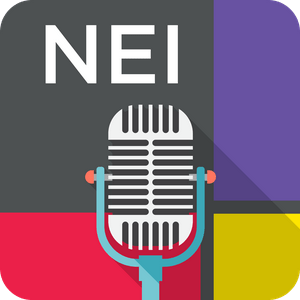In this episode, Dr. Andy Cutler speaks with Dr. Jonathan Meyer to dispel common myths about antipsychotic treatment, from concerns about sedation, personality change, and brain effects to misunderstandings about safety, long-acting injectables, and clozapine. The discussion focuses on what the evidence actually shows about efficacy, risk, and recovery, and how clinicians can communicate more clearly and confidently with patients and families.
Jonathan Meyer, MD, DLFAPA, is a Voluntary Clinical Professor of Psychiatry at the University of California, San Diego. He serves as a Senior Academic Advisor to the California Department of State Hospitals, is a psychopharmacology consultant to the first episode psychosis program at Balboa Naval Medical Center, and has published extensively on psychopharmacology, including co-authoring The Clozapine Handbook, The Clinical Use of Antipsychotic Plasma Levels, and The Lithium Handbook with Dr. Stephen Stahl.
Andrew J. Cutler, MD, is a distinguished psychiatrist and researcher with extensive experience in clinical trials and psychopharmacology. He currently serves as the Chief Medical Officer of Neuroscience Education Institute and EMA Wellness. He is a Clinical Associate Professor of Psychiatry at SUNY Upstate Medical University in Syracuse, New York.
Save $100 on registration for 2026 NEI Spring Congress with code NEIPOD26
Register today at nei.global/spring
Never miss an episode!🎙SUBSCRIBE to the NEI Podcast– available on all your favorite platforms: https://nei.global/podcast
Interested in Psychopharmacology? Learn about the NEI Master Psychopharmacology Program: https://nei.global/mpp
Stay updated with email alerts and join our conversations on social. Follow us on:
YouTube: https://nei.global/youtube
Instagram: https://nei.global/instagram
LinkedIn: https://nei.global/linkedin
Facebook: https://nei.global/facebook
X: https://nei.global/twitter


